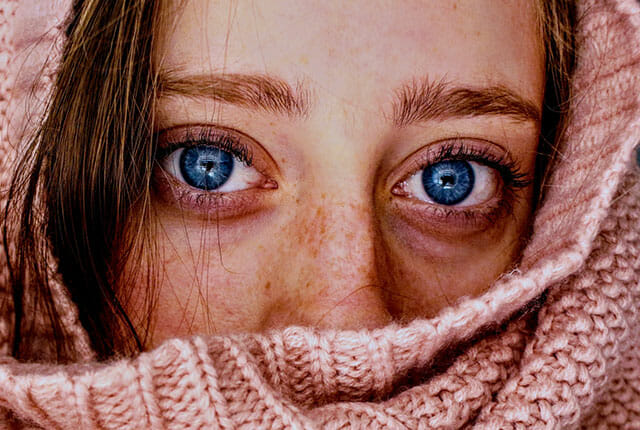
- March 23, 2022
- Attorney Matt Stoddard
- Sexual Assault & Trafficking
As Georgia carries on with its statewide efforts against sex trafficking, Coweta County remains a hotspot. Through multiple rounds of mass arrests, the same types of criminal operations crop up again and again.
For every investigation that recovers one or two more victims, it’s safe to assume that there are many more out there, unidentified and continuing to be abused.
Many have no idea that there are ways out, or ways of fighting back.
A Recent Sting Ended with 26 Arrests and 1 Rescue
Toward the end of February, Coweta County police arrested 26 people in their latest two-day prostitution sting. They also extracted an underage girl who had been reported missing over a year ago.
Unfortunately, only three of the arrests were for pimping; the rest were for prostitution and some drug charges.
This closely mirrors the department’s previous stings, particularly one from 2020 which produced 25 arrests, five of them for pimping, and one rescue. In that case, the rescued individual was an adult woman, but police quickly recognized her as a victim due to the fact that she’d been shot in the leg, and her pimp was preventing her from seeking care.
It’s worth noting, of course, that the number of rescued victims in each of these cases may have quietly gone up after the initial reports. One representative for the Coweta County Sheriff’s Department has reiterated that any suspected victims will be interviewed by the Homeland Security Human Trafficking and Child Exploitation Group, to determine their true status. That could include many of those arrested for prostitution.
Regardless, however, of what methods police are using to identify and differentiate perpetrators and victims, it’s clear that sex trafficking remains alive and well in Coweta County. To stop this practice and the immeasurable harm it causes to girls, women, and other victims, deeper change is necessary.
Human Trafficking Could Not Exist Without the Complicity of Local Businesses
Recruiting, transporting, and housing victims, finding and coordinating with customers, and hosting transactional sex all require infrastructure. Very rarely do sex trafficking organizations personally own all the resources necessary to do what they do.
Sex traffickers rent apartments and hotel rooms. They use rideshares. They advertise on third-party platforms. Almost every move they make depends on one kind of provider or another.
Sometimes, the otherwise legitimate companies that sex traffickers do business with have no idea how their products and services are being used. Very often, however, companies deliberately ignore or enable sex trafficking among their customers. They might do this in exchange for outright bribes, or because sex trafficking brings them lots of business, or simply because they don’t care enough to act.
Survivors Can Win Life-Changing Settlements While Protecting Others Like Themselves
The police battle against sex trafficking rarely focuses on complicit hotel owners, property management companies, and rideshare services. Ethically and legally, though, these entities are sex traffickers too, every bit as much as the pimps and the johns.
If anything, corrupt businesses have more influence over sex trafficking than individual pimps do. They have the ability to cut off access to the spaces and services that the industry depends on. But they’ll only do this if enabling sex trafficking becomes bad for business, instead of good.
Survivors of sex trafficking have the power to force this change through civil lawsuits. By taking away the profits these companies gain from sex trafficking, survivors can help create a future that sex traffickers can’t operate in. In the process, those same survivors can also get the compensation they need to build new lives.
If you have been coerced in any way into commercial sex acts in Georgia, reach out to The Stoddard Firm to learn more.

 Matt Stoddard is a professional, hardworking, ethical advocate. He routinely faces some of the nation’s largest companies and some of the world’s largest insurers – opponents who have virtually unlimited resources. In these circumstances, Mr. Stoddard is comfortable. Mr. Stoddard provides his strongest efforts to his clients, and he devotes the firm’s significant financial resources to presenting the strongest case possible on their behalf. Matt understands that his clients must put their trust in him. That trust creates an obligation for Matt to work tirelessly on their behalf, and Matt Stoddard does not take that obligation lightly. [
Matt Stoddard is a professional, hardworking, ethical advocate. He routinely faces some of the nation’s largest companies and some of the world’s largest insurers – opponents who have virtually unlimited resources. In these circumstances, Mr. Stoddard is comfortable. Mr. Stoddard provides his strongest efforts to his clients, and he devotes the firm’s significant financial resources to presenting the strongest case possible on their behalf. Matt understands that his clients must put their trust in him. That trust creates an obligation for Matt to work tirelessly on their behalf, and Matt Stoddard does not take that obligation lightly. [